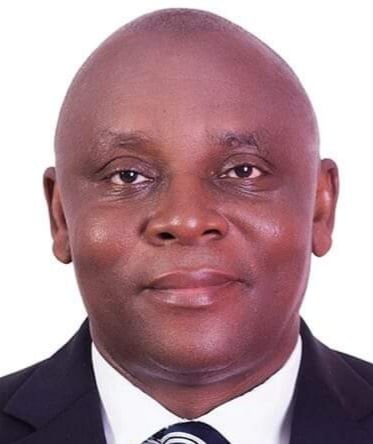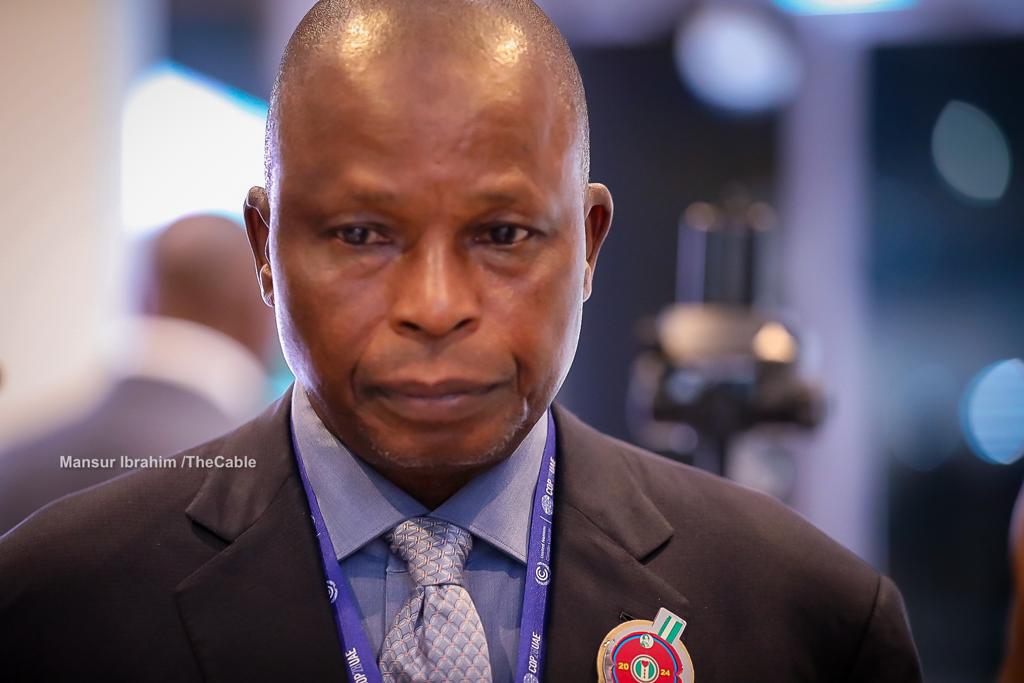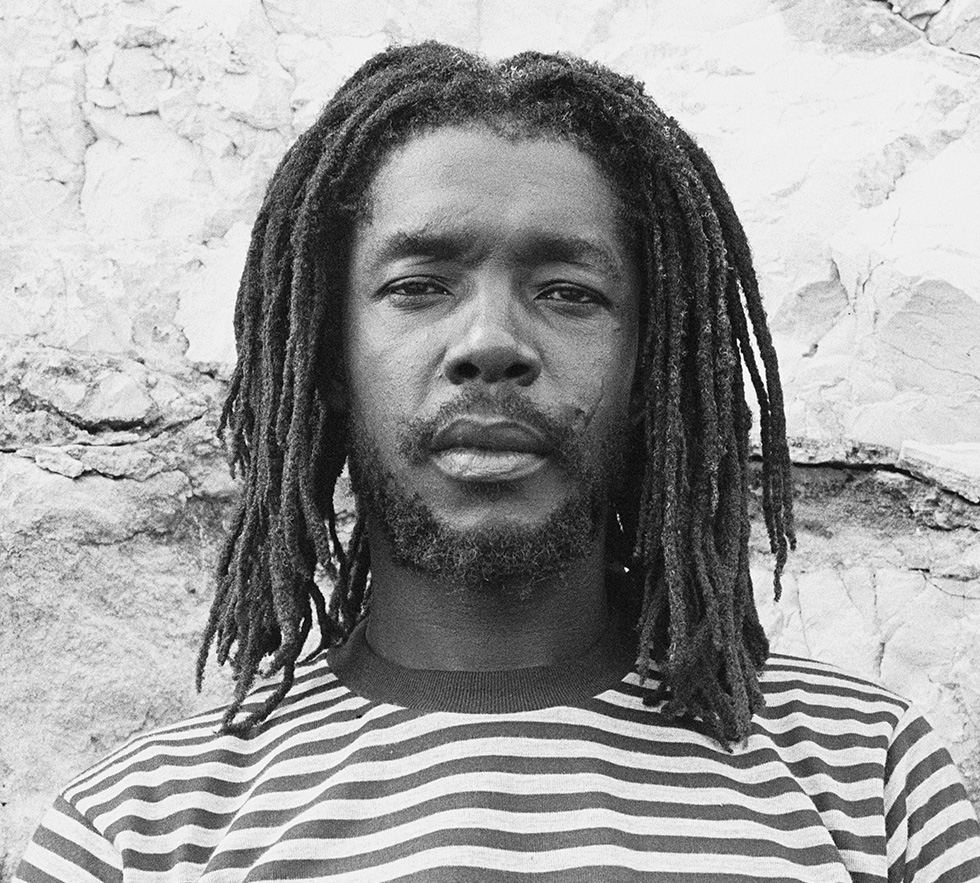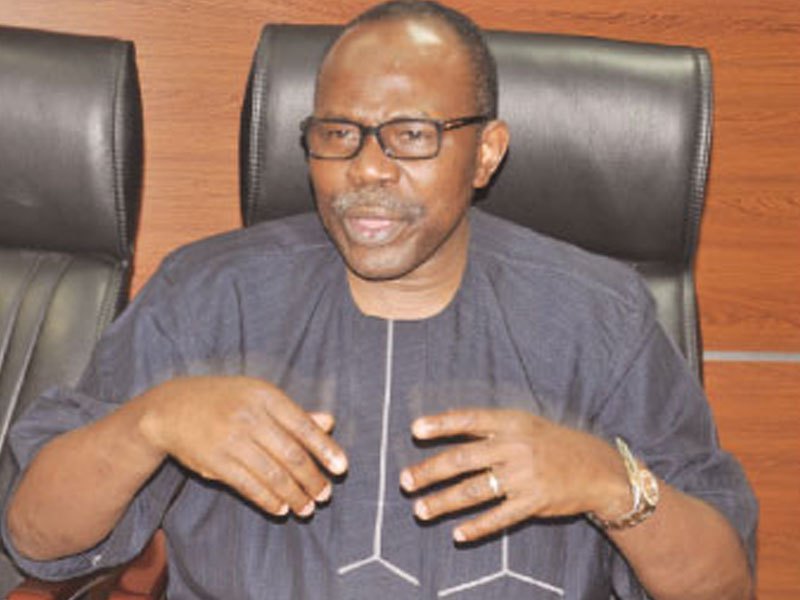He is a teacher, banker, public servant and an eminent economist who served two presidents as minister, in addition to several other high-profile positions. With all his accomplishments, Shamsuddeen Usman is one of the most self-effacing and unassuming Nigerians that I know. He turns 75 on Wednesday, September 18, and here’s wishing him more years on earth in good health.
I have known Usman since 1988. Never for once have I heard his name mentioned in any unethical or corrupt circumstance. In a country where many former public officials live in opulence on stolen wealth and those still in service are almost richer than the state, Usman is something of a rarity. As minister of finance under President Yar’Adua, he publicly declared his assets, along with the minister of state, Remi Babalola, in a clear emulation of the example set by President Yar’adua. So far, they are the only two Nigerian ministers to have publicly declared their assets and liabilities, to demonstrate honesty and transparency.
To celebrate this icon, many dignitaries and distinguished Nigerians will assemble at the Musa Yar’Adua Centre in Abuja on September 26 to officially launch a book he co-authored and unveil a foundation established in his honour by his children. Those expected at the event include Vice-President Kashim Shetima, former President Goodluck Jonathan; former Vice-President Yemi Osinbajo and many political and business chieftains.
Titled ‘Public Policy and Agent Interests: Perspectives from the Emerging World’, the book is a unique publication on both the impetus for and impediments to growth and development in emerging economies. It provides a fascinating and penetrating insight into the workings of government and the boardroom, in terms of policy formulation and implementation, economic management as well as the overall growth paradigm in the developing world, with Nigeria as a case study. It is also an account of the interactions between the government, its agencies and the private sector and how such engagements impact national growth, investments and the overall performance of the economy. His own personal experiences of how self interest overwhelm the public interest in government are well documented in the book.
Advertisement
Like many in his generation, Usman was born into a very modest setting, but unlike many others then, he was lucky to acquire a good education from primary school to university. Initially, he worked in the Kano State public service; serving at a time as director of budget and economic advisor to Second Republic Governor Abubakar Rimi.
He also lectured at Ahmadu Bello University, where one of his students was the one and only Sanusi Lamido Sanusi (now Muhammad Sanusi II). In 1981, Usman moved to Lagos to begin his long career in the financial services industry. He rose through the ranks and held many positions, including executive director at Union Bank and UBA and managing director & chief executive of NAL Merchant Bank (now Sterling Bank).
In 1999, President Obasanjo appointed him deputy governor of the CBN where he was at different times in charge of multiple portfolios such as operations; financial sector stability and economic policy. He also led the team that was responsible for Project EAGLES – involving a comprehensive overhaul of the apex bank’s operational and IT infrastructures. The project was so successful that Usman was decorated with many awards for his leadership.
Advertisement
He was at the CBN when, in 2007, President Yar’Adua appointed him finance minister and, later, national planning minster, a portfolio he also held under President Jonathan. He excelled so much at national planning that in 2013, President Jonathan described him as ‘’the best minister of national planning’’ that Nigeria ever had.
Earlier, the Babangida military government in 1988 appointed Usman DG of TCPC (now BPE), the agency that managed the government’s privatisation programme. The TCPC efficiently and with much integrity handled the privatisation and commercialisation of over 150 state-owned enterprises between 1988 and 1992, thereby deepening the Nigerian capital market and offering thousands of Nigerians a unique opportunity to invest in the market for the first time. That’s when our paths crossed. I was a business journalist, covering the privatisation program, among other beats.
Over time, I forged close working relationships with Usman and the late Hamza Zayyad, who was the TCPC chairman. Zayyad even gave me a beautiful wedding gift some years later. Under the leadership of the two men, TCPC developed a code of conduct barring its members and staffers from buying any of the shares or assets the TCPC was selling. If that standard of integrity had been maintained, we would most likely not be witnessing all the cases of corruption currently going on in the country.
I found Usman very friendly, approachable and mild-mannered. A dapper, he usually turned out in business suits at the many public events of the TCPC. ‘’He is too polite and decent for a Kano man,” a reporter once remarked. I noticed that Usman had taken some kind of interest in me, among the many reporters that covered TCPC.
Advertisement
One day, he invited me into his office and asked about my work, family and welfare and commended me for covering the privatisation program so well. I was to learn many years later that he had served in the first set of the NYSC scheme in 1973 in what is now Akwa Ibom state. The Catholic secondary school he taught in Ikwen, Ikot Ekpene LGA, is still thriving.
This year, it recorded one of the best WAEC results in the state. Incidentally, the current principal of the school, a reverend gentleman, is my friend. Usman recently told me that he’s not only visited all the 36 states in the country, and has friends and contacts in all of them, but he has literally visited every major town in Nigeria, as well. This is obvious from his cosmopolitan and national outlook.
Since he left public office, Usman has immersed himself in community development and philanthropy. One of his several philanthropic programmes is a community hospital he established and has been funding to provide medical services to the people. Known as ‘’Gidauniyar Alheri Community Health Centre’’, it is located in Garangamawa Ward, Gwale LGA of Kano state.
It was founded in 2010 and has provided healthcare services to thousands of people, especially women and children. In 2021, the hospital went into partnership and collaboration with the French charity, Medicins Sans Frontiers (Doctors without Borders), which has boosted the health centre’s capacity to address maternal and neonatal care in Kano.
Advertisement
Today, the health centre is helping to deliver over 200 babies a month, which is second only to the much bigger Murtala Mohammed Hospital in Kano state. The collaboration with Doctors Without Borders has also assisted in offering family planning services, care of the newborn and capacity building to the staff of the centre and other public health facilities.
To provide banking services to the people, Usman also established the Gidauniyar Alheri Microfinance Bank, which is helping to expand financial inclusion and entrepreneurship in the community. He is also the founder and Chairman of the Kano Peace and Development Association, and the Kano/Jigawa Professionals Forum, two organizations aimed at promoting peaceful coexistence, peace and development, and professionalism, respectively.
Advertisement
To honour his impactful life and leave a legacy for future generations, his children recently founded and registered a foundation known as the Shamsudeen Usman Foundation that is dedicated to the promotion of education in the country. The foundation’s mission is to create a collaborative that empowers individuals, corporations, researchers and students to explore and develop advanced AI and technological solutions for real-world challenges. Its signature project is the establishment of an AI and Technology Development Centre whose main focus will be skills development, innovation and economic development.
Dr. Usman earned his BSc in Economics from Ahmadu Bello University (ABU) and MSc and PhD in Economics from the London School of Economics and Political Science. He is a former president and a fellow of the Nigerian Economic Society, and a fellow of the Society for Corporate Governance Nigeria and of the Chartered Institute of Bankers. Many congratulations to this well-respected Nigerian!
Advertisement
Views expressed by contributors are strictly personal and not of TheCable.
Add a comment










